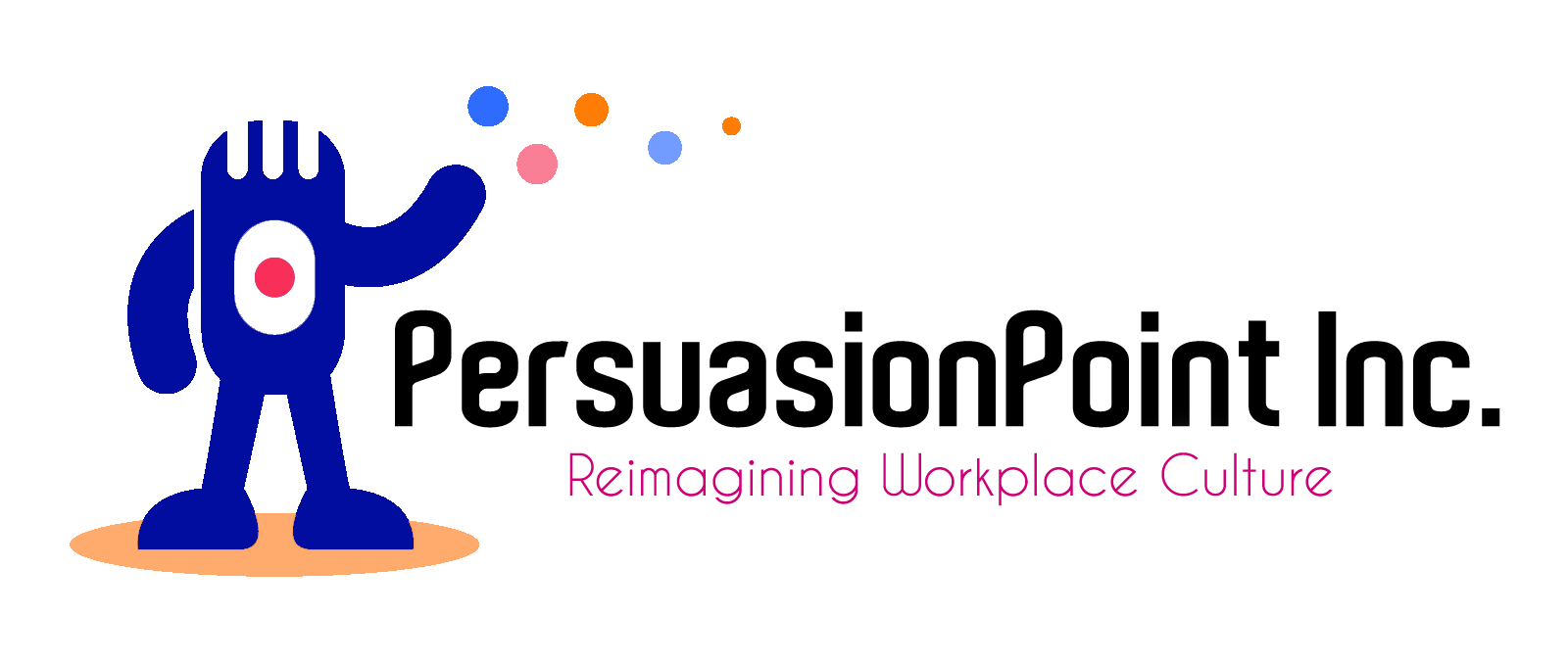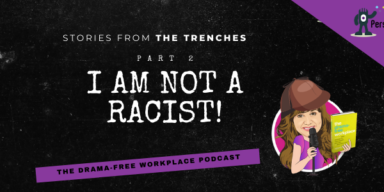For decades, law firms have grappled with the challenge of creating inclusive cultures to help them recruit, promote and retain diverse attorneys. Despite investing time, energy and vast amounts of money, most law firms have seen little (if any) gains in diversity, as detailed in a 2019 National Association for Law Placement (NALP) report.
And this struggle occurs alongside increasingly loud external voices demanding better results. In-house counsel has moved from saying diversity is a nice added bonus to insisting that the firms they hire show real progress.
Given the renewed call for racial justice, this is once again a top-of-mind issue. Many law firms have taken steps – publishing statements condemning racial injustice, making Juneteenth a firm holiday – but it remains to be seen whether these are superficial or if they will implement genuine and lasting solutions to make a real impact.
Solutions First
It’s About Inclusion and Equity, Silly
While barriers for entry into law firms exist (most notably persistent bias at the interview, hiring and salary-setting stages), this does not mean that the legal profession suffers from pipeline problems (related to race or gender). In fact, unlike other industries, law school graduates continue to better reflect the gender and racial make-up of the country at large. (See Part 2 of this series for more detail.)
The bigger issues at law firms relate to barriers that cause feelings of exclusion, undervalue certain skillsets, create perceptions of unfairness and fail to create authentic and effective support systems for diverse attorneys. This is especially true when it comes to the most underrepresented law firm population – women of color.
The Solution: A Genuine Commitment and a Radically Different Approach
Unlike other calls to action that are filled with platitudes and a list of problems, but offer few actual solutions, I’ll start with the end – how firm leaders can, indeed must, act to see very overdue results in all three arenas – Diversity, Equity and Inclusion.
Diversity
If Your Overall Numbers Don’t Change…You’re Not Doing It Right
For years, firms have implemented mechanisms to eliminate bias from decision-making in hiring, all with the goal of increasing the recruitment of diverse attorneys. But simply identifying the existence of bias (as most one-and-done training courses do), without offering guidance on how to disrupt and eliminate bias from decision-making won’t move the needle. Mandating a diverse candidate slate with no accountability doesn’t work.
Instead of simply relying on one solution (like mandating diverse candidate slates and calling it a day), implement a number of proven solutions – require hiring attorneys to describe their needs ahead of the hiring process (so they can’t pick and choose reasons why diverse candidates are not well-qualified), allow your firm’s talent acquisition experts to play a substantive role in the attorney hiring process, and analyze the data to ensure results.
Focusing Solely on Gender Has Not Worked
This is a big one (for law, and almost every other industry). Since law firms began to talk about diversity, they have focused almost all their efforts on gender, particularly on the idea of promoting women to partner/shareholder (and especially in response to the #MeToo movement). While this has helped White women, other diverse attorneys remain woefully underrepresented, especially in leadership. Law firm leadership must focus on diversity categories beyond gender, and must pay especially close attention to issues of intersectionality.
Equity
Pay Equity
You can’t expect to retain underpaid top diverse talent.
- Associates. For smaller firms, the ad hoc system to determine salary, bonus and raises has proven ineffective when it comes to promoting equity. And even big law, who prides itself on having established amounts to pay associates depending on their level of experience, falls into traps that cause a lack of equity. This includes “low balling” diverse candidates by telling them they cannot come into the firm as laterals based on their year of law school graduation, giving signing bonuses to favored candidates, and using criteria outside the standard benchmarks for raises and bonuses.
The solution is to have genuine and consistent standards in place when it comes to decisions about salaries and bonuses.
- Partners/Shareholders. The most important culprit causing inequity in partner pay is the manner in which client origination credits are distributed at law firms. While each firm has different formulas, the bottom line is that they almost all follow the adage of “he who brings in the revenue will be paid more money and wield more power.” On its face, this sounds fair. But when you peel back even one layer, what you find is that the way “revenue brought in” is measured is anything but equitable.
Powerful and established partners are routinely given credit for bringing in business, even when another attorney (too often a diverse attorney) has done much (or all) of the legwork to bring that client (or that big case) in the door. The answer here is to revamp the system to shed the entitlement mentality that currently plagues law firms. This isn’t to say that a partner who worked hard bringing in a client and has nurtured that relationship over years doesn’t deserve credit, it means that he doesn’t deserve all the credit.
Law Firm Drama
An area entirely overlooked by law firms, and the missing link to successful Diversity, Equity, and inclusion (DEI) programs, is an equitable review and resolution of allegations of workplace misconduct.Too often, powerful partners – partners perceived as “too valuable to lose” – are allowed to get away with gross misconduct. Sometimes it’s egregious sexual harassment, sometimes it’s clear bias toward Black and Brown attorneys, sometimes it’s bullying behavior toward staff – and it’s always wrong, hurtful and damaging to the culture and the bottom line.
The solution is radical fairness. The irony, of course, is that lawyers are trained to be fair and pride themselves on focusing on justice. The reality is that the systems in place at law firms excuse this misconduct in the best case scenario, and encourages it in the worst case (and by “encouraging,” I mean that the partner who violates all standards of conduct is still given a raise, a bonus, allowed to supervise and profit from associates, allowed to stay on important decision-making committees, etc.).
It’s time for law firms to walk the walk and provide real consequences for misconduct – thereby not only making room for ethical (and profitable) lawyers, but also creating a more welcoming environment where diverse attorneys feel valued and heard.
Inclusion
The Road Less Traveled
Your path to success is not the only path. Most top law firm leaders will tell you that there is a clear path to becoming a successful attorney. And true to human nature, their perception of that path is seen through the filter of their own success. If they’ve achieved success because being aggressive and competitive is their first and middle name, then they will believe that those qualities, and only those qualities, equal achievement.
Too often, people with different, but equally valuable strengths are therefore discounted, undervalued and pushed aside.The solution is to create an environment of open-mindedness so that those with a different set of skills and strengths can prove themselves equally valuable, and in fact in some cases bring to the table a perspective that no one else can bring. (I give a short example of this in the takeaways section in this post.)
Inclusion is the Opposite of Exclusion
It sounds obvious, I know, but this principle is a key reason for diversity defection in law firms. Speak to diverse attorneys at a firm and they will share examples of ways they, or their opinions, were ignored or sidelined.Employee resource groups are a great start, but not the final answer.
When racial microaggressions are allowed to continue, you are encouraging exclusion. When you continue to fail to recognize and promote diverse voices, you are practicing exclusion. When you allow misconduct to continue because the behavior “didn’t violate a policy or a law,” you are encouraging exclusion.The answer is to look at the systems in place – policies, practices, pay structures, organizational charts, business plans – to ensure they aren’t just non-racist, but that they are truly antiracist to celebrate and fully embrace equity and inclusion.
Law firms must focus their attention on taking steps to address the overall culture – to ensure they are creating and sustaining an environment of truth-telling, radical fairness, and an authentic commitment to inclusion. As the data show year after year, firms simply are not retaining diverse candidates – and this is most alarming when it comes to the dismal numbers of leadership positions held by Black and Brown women. And you can’t change outcomes without understanding how they’ve come about.
Law firms, the time to do better was yesterday, but since all we have is today and tomorrow, start now.

About PersuasionPoint
Patti Perez is founder and CEO of PersuasionPoint, a modern-day consulting firm dedicated to teaching leaders and teams how to create and sustain healthy, equitable and inclusive workplace cultures. Patti is the best-selling, award-winning author of The Drama-Free Workplace (Wiley 2019), and draws from the book’s themes to provide practical, authentic, and action-oriented solutions to help companies achieve true diversity and equity, and to create environments of belonging and inclusion.
Patti and the team provide services specifically tailored to address workplace struggles with recruiting, retaining, promoting and fully valuing diverse employees – including consulting, leadership training, and boot camps for diverse attorneys who are emerging leaders.
Contact Patti here or email her directly at Patti@PersuasionPoint.com.
















